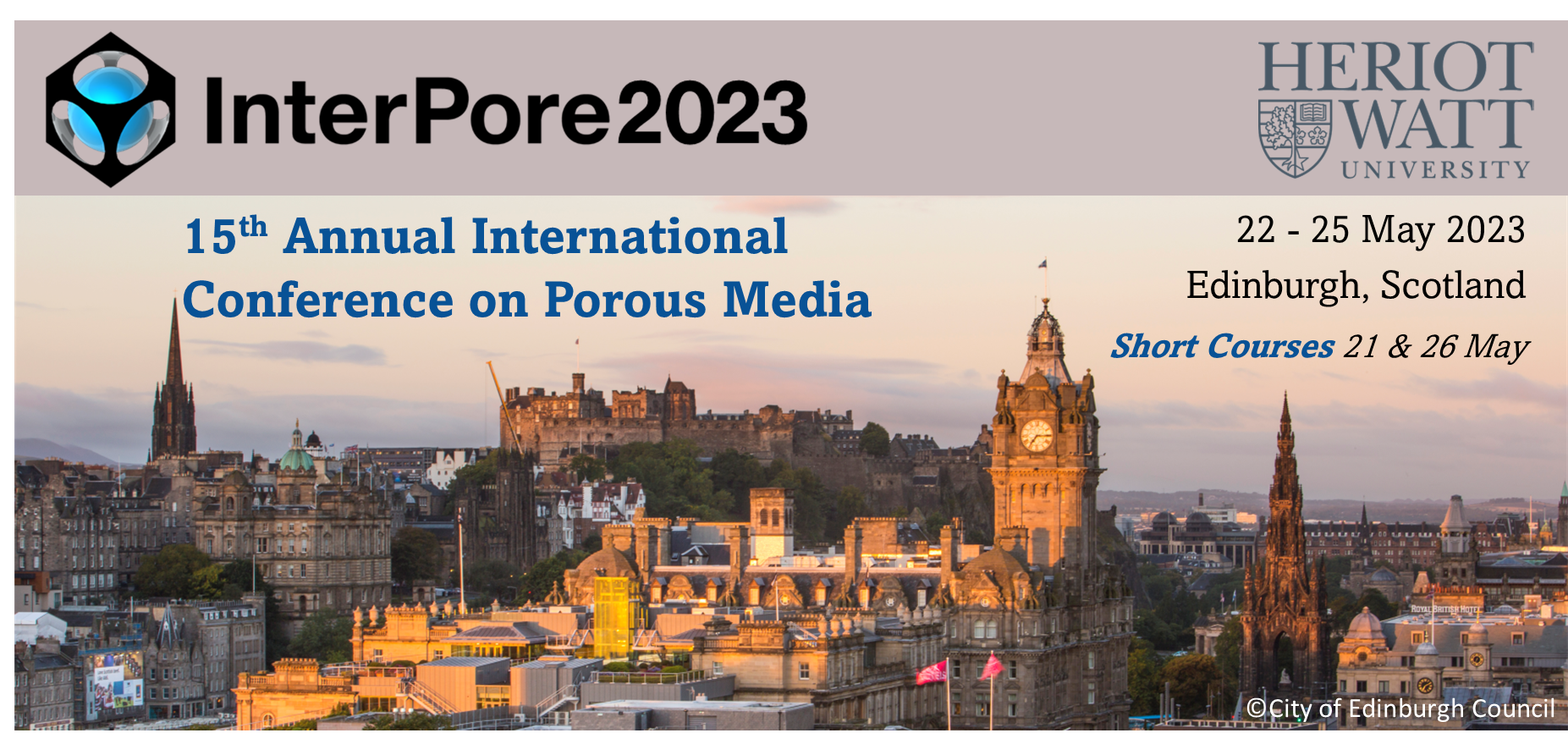Speaker
Description
Fractures in subsurface shale formations serve multiple purposes, for example, in the recovery of resources in hydraulic fracturing or as potential harmful leakage passages through caprocks that may contribute undesired fluids to the atmosphere or functional groundwater aquifers. A proposed method to seal or influence fracture properties is Ureolysis-Induced Calcium Carbonate Precipitation (UICP), a bio-mineralization technology driven by the enzymatic hydrolysis of urea, resulting in the formation of calcium carbonate. Sporosarcina pasteurii is a common microbe used as the source of the urease enzyme that catalyzes the chemical reaction. The resulting calcium carbonate can bridge the gaps in fractured shale and reduce fluid flow through fractures. However, there is little information on how this process affects the mechanical properties of the resulting biomineralized shale. This study represents the first step toward determining the influence of UICP treatment on shale material and its subsequent mechanical strength properties. This methods development study aims to determine the effect that temperature has on the tensile strength of intact, unfractured shale cores (2.54 cm (1 in) diameter, 5.08 cm (2 in) long). Tensile strength was determined indirectly using a modified Brazilian test where the splitting tensile strength is attained by applying a compressive load onto the core. Shale cores from Eagle Ford and Wolfcamp formations were tested at both room temperature and 60°C to determine if increased temperature influences the tensile strength of the rock. This data will help to assess the necessity of testing biomineralized cores at temperature. Though 60°C may not mimic subsurface temperatures of the shales used in this study, it was chosen due to limitations of the UICP process while still approaching temperatures of shale formations. This project aims to evaluate what effect temperature has on the mechanical properties of intact shale cores so that engineered or natural rock fractures that are sealed by biomineralization can be better understood.
| Participation | In-Person |
|---|---|
| Country | United States |
| MDPI Energies Student Poster Award | Yes, I would like to submit this presentation into the student poster award. |
| Acceptance of the Terms & Conditions | Click here to agree |







